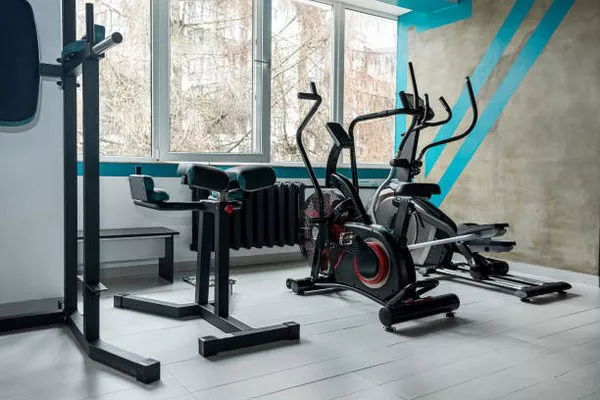In August 2021, I embarked on a new career path as a certified barre instructor with a prominent boutique fitness company. By October 2023, I had resigned.
Boutique fitness has long been synonymous with exclusivity—small studios, intimate group classes, a narrow range of workout options, and memberships starting at $150 per month. In recent years, barre studios have surged in popularity across the U.S., characterized by their intense focus on strength-building through repetitive, controlled movements.
My introduction to barre came in 2016 in St. Louis, where I found solace and control over my body after struggling with disordered eating and body image issues. The practice taught me the value of nourishment and control, leading me to a passion for teaching.
By 2021, while pursuing graduate studies, I began teaching at a studio in North Scottsdale, AZ. Scottsdale, a predominantly white city—83% white according to the 2023 Census—offered a stark contrast to my diverse background. Despite my enthusiasm, I soon discovered that the studio mirrored the broader industry’s lack of diversity. As the sole instructor of color, I encountered frequent microaggressions and a lack of genuine inclusion.
The studio’s attempt to address this issue with a BIPOC-centered class was short-lived. After an initial session, the owner informed us that such classes would be discontinued, citing a commitment to serving “all equally” in an email sent to the entire staff. This decision led me and several colleagues to resign.
Reaching out to fellow BIPOC instructors nationwide, I found solace and solidarity. We shared our experiences and frustrations, knowing that support in the boutique fitness industry requires more than mere token gestures.
Support, in this context, involves proactive measures and a readiness to address the needs of marginalized groups without compromising the quality of service for the majority. Creating a welcoming studio environment necessitates more than just diversity in marketing materials; it demands structural changes and genuine inclusivity.
“When I enter a studio where everyone looks the same and I stand out, it’s challenging to feel comfortable,” says Instructor A., who chose to remain anonymous. “The community aspect of boutique fitness quickly becomes alienating if I don’t see myself reflected.”
Strategically placing studios in diverse neighborhoods is crucial. “Boutique fitness spaces are often situated in predominantly white areas,” notes Instructor A. “How can we be accessible to BIPOC communities if they are not present in the location?”
Hailey Davis, an Asian American trainer from St. Louis, suggests extending community outreach beyond studio walls. “Don’t wait for the community to come to you,” she advises. “And when clients do come, ensure the studio is equipped to meet their needs. For instance, not all BIPOC individuals have the same body types, so having a range of props is essential.”
Support also involves addressing clients’ needs directly and respectfully. “Staff should be trained to ask how to pronounce a client’s name if unsure,” says Davis. “I’ve had clients tell me that only a few instructors knew how to pronounce their names correctly.”
Moreover, the boutique fitness industry must introspectively assess its commitment to diversity. The question remains: how much is the industry willing to invest in creating spaces that truly reflect a diverse clientele? The challenge is to avoid creating echo chambers and instead foster inclusive environments where everyone feels welcome.
A Vision for Change
Real change requires immersion and dedication. While I continue to cherish group fitness, I am committed to teaching barre in environments where inclusivity is actively pursued. My former colleagues and I have found a new studio that embodies these values, supporting local LGBTQ+ organizations and genuinely integrating BIPOC individuals into their community.
According to Instructor B., another former colleague who chose to remain anonymous, the parent company of my old studio has made strides since my departure. “We now host BIPOC classes monthly to create safe spaces for clients of color,” she reports. An implementation guide for franchise studios has also been introduced to promote these classes.
The evolution within the industry is a beacon of hope, and the path forward lies in embracing a more inclusive and supportive environment. I am optimistic that we will continue to advance toward spaces where diversity is not just a goal but a fundamental reality.


